Citation – Civil Appeal No. 2093/2022
Judgment date – 21.03.2022
Facts of the case:
In the month of January 2018, the Gujarat Housing Board (“Appellant“) issued the Mukhya Mantri Gruh Yojna tender for the planning, design, and construction of flat type, high-rise buildings/commercial units for various income groups in Ahmedabad, Vadodara Division. Vandemataram Projects Private Limited (“Respondent“) submitted a bid to the appellant and was chosen as the winning bidder after a technical and financial evaluation. The appellant, however, canceled the contract on 7th June 2021, because the respondent was unable to begin the work of the project. The respondent was enraged by this decision and hence decided to move to the Gujarat High Court (“High Court”) to have the decision of 7th June 2021 quashed and set aside.
Objections to the maintainability of the writ application were filed before the High Court on the grounds that the writ applicant had an alternative remedy in the form of invoking the arbitration clause. The High Court ordered the Board to repay the forfeited money of INR 1,66,05,000 within 15 days of receiving a copy of the writ as well as to issue a new tender notice and continue with the project. Further, the High Court also ordered the appellant to reimburse INR 21,66,470 to the respondents. The appellant, who was dissatisfied with the decision, used Article 226 of the Constitution and finally brought the case before the Hon’ble Supreme Court.
Issues:
Whether there is any remedy under Article 226 of the Constitution of India for contractual matters where there already exists an arbitration clause?
Held:
While overturning the High Court’s order and relegating the parties to the remedy provided by the Arbitration and Conciliation Act, 1996 (“Arbitration Act”), the apex Court stated that invoking Article 226 of the Indian Constitution for a contractual matter where there was an existing arbitration clause was not the appropriate remedy and nor could the High Court have examined the matter and granted the relief.
K S&CO Comments:
The apex court, in this matter, passed a very crucial judgment safeguarding the ambit of the arbitration clause in contractual matters. The presence of an arbitration clause does not completely eliminate jurisdiction under Article 226 in all cases; rather, it must be determined on a case-by-case basis whether recourse to a public law remedy can be justified. Unless a justifiable reason for invoking writ jurisdiction is provided, we believe the courts would prefer not to intervene with the arbitral process or the dispute resolution mechanism chosen by the parties to a dispute.
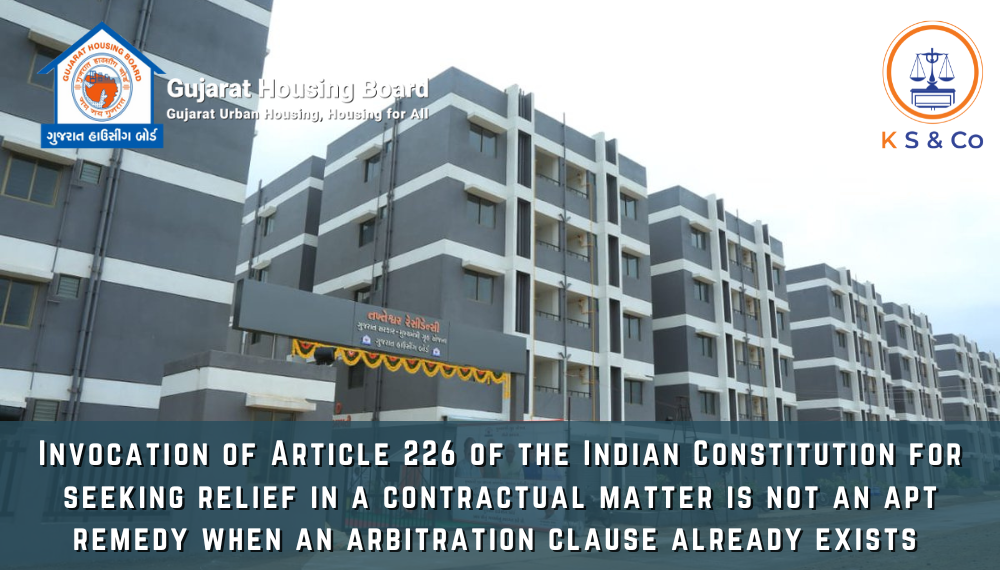

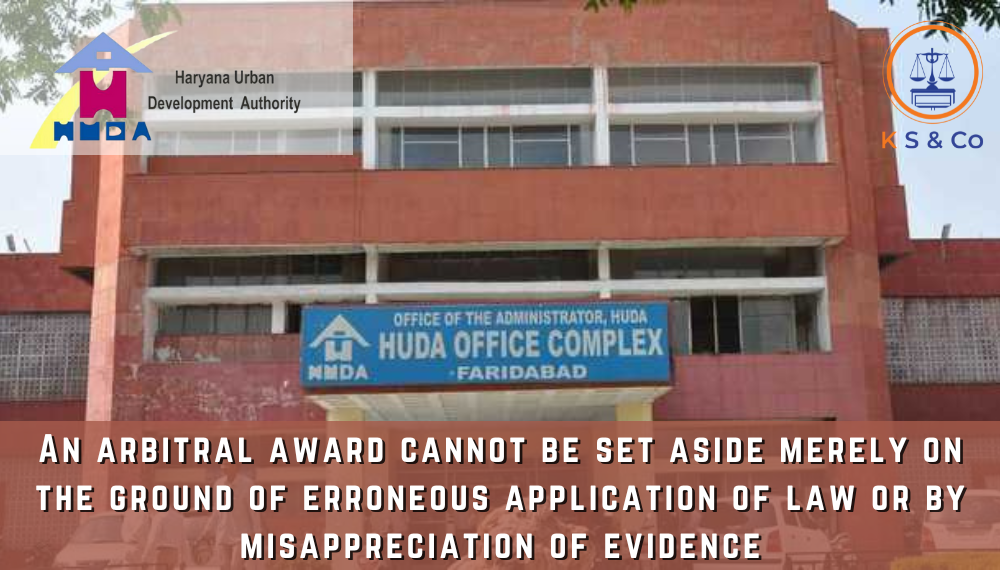
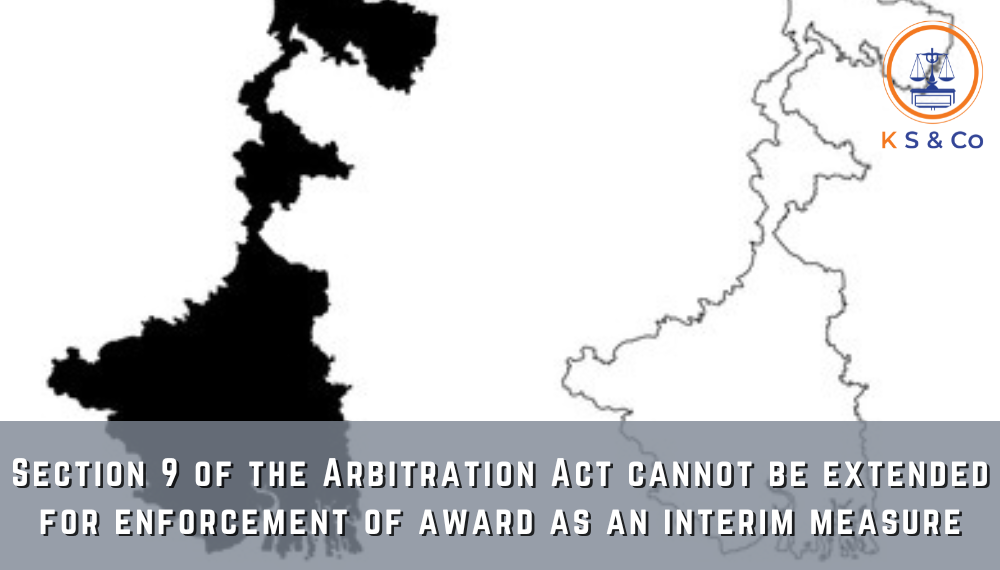
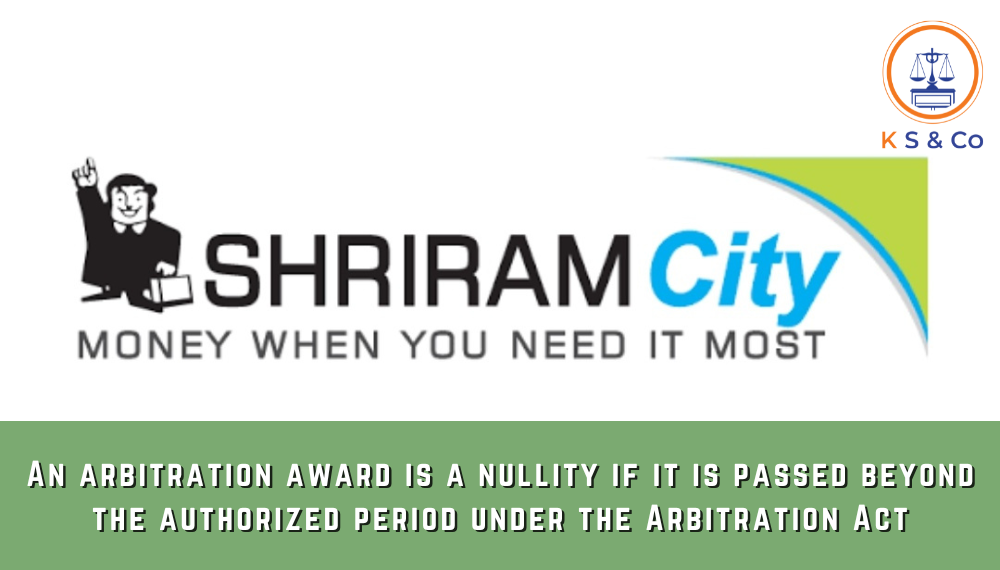
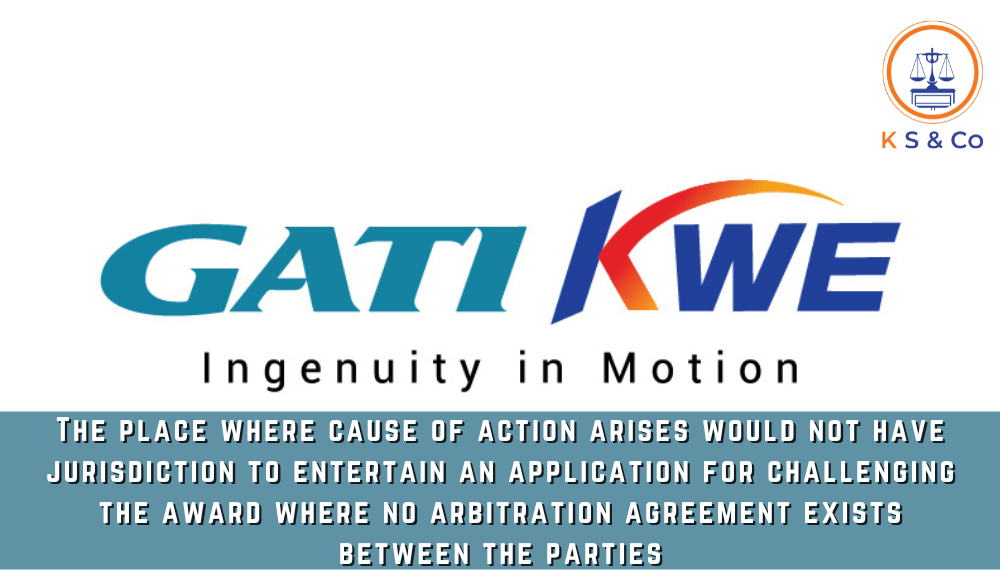



Leave a Reply